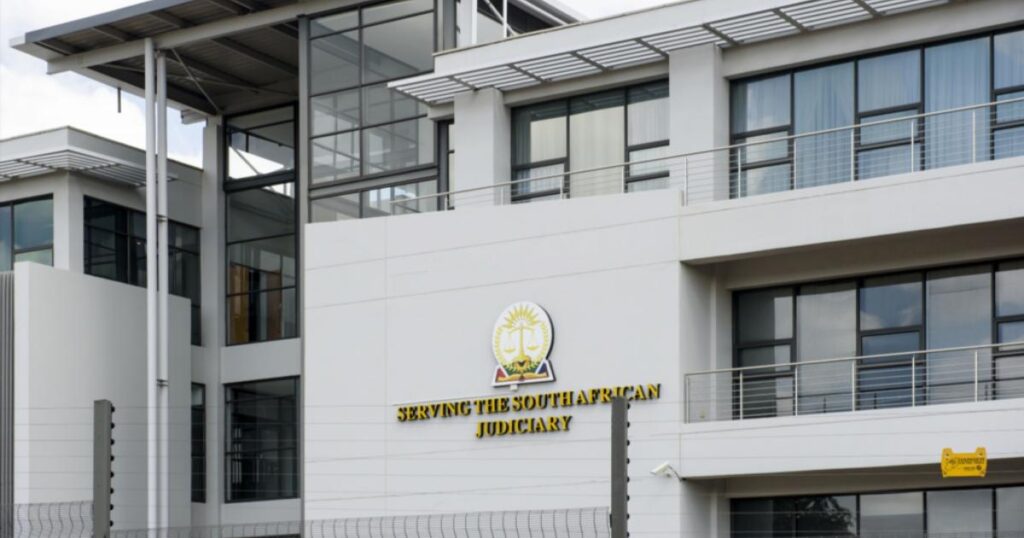
Office of the Chief Justice Photo eNCA
Last week, focus was on the judicial system as the Judicial Services Commission (JSC) interviewed potential candidates for the future Chief Justice of South Africa. This time around, things were a little different since President Cyril Ramaphosa invited public nominations for the revered position. But just how does one become a judge? Well, in South Africa, there is no degree that you can study and qualify as a judge, unlike other countries which follow the civil law system. To become a judge in South Africa, one climbs the judicial ladder by studying law, passing the bar exam, becoming an advocate, attorney, magistrate before finally becoming a judge.
Acting Judge
A Judge President heads a division of the High Court. Often, this court requires other judges – acting judges – to assist with cases. Acting judges who prove competency can do so for a few terms before being appointed by the Judicial Service Commission (JSC). Acting experience has now become a requirement by the JSC.
The JSC Interview process
The JSC is made aware of a vacancy in the Supreme Court of Appeal, any provincial or local division of the High Court, or the Constitutional Court. They then inform legal professional organisations of the vacancy who may submit nominations by a specific closing date. Candidates are nominated in the form of a letter. Their CV along with a questionnaire prepared by the Commission is completed and submitted. Candidates are short-listed by a screening committee (a subcommittee of the JSC) after which begins the interviews. All the members of the JSC go through the questionnaires of these candidates and prepare for hearings. The interviews can be lengthy and sometimes clouded by political “noise”. After closed-door deliberation by the commission, a decision is made, and recommendation made to the President. A candidate must receive the majority votes (usually 13 votes) to be recommended. While the president is not bound by the recommendation made, jurists say that it can be difficult for the president to deviate from the recommendation.
The Chief Justice Appointment Process
The Chief Justice is a revered position as the appointee is the most senior judge of the Constitutional Court and head of the judiciary of South Africa. The Chief Justice is appointed in terms of Section 174(3) of the Constitution, which gives the president the authority to have the final say in the appointment after consulting with Cabinet and upon recommendations by the JSC. In an unusual move, ahead of the expiration of the tenure of then-Chief Justice Mogoeng Mogoeng in 2021, President Cyril Ramaphosa invited the public to nominate the successor of Mogoeng. He established a panel that would be tasked with short-listing the potential candidates for the post. Whilst anyone may put forth a candidate, the nominee must be endorsed and supported by at least one professional body of legal practitioners, or an NGO working in the field of human rights, or other legal areas. The President then decides which candidates to refer to the JSC and the leaders of political parties represented in the National Assembly for consultation. Although the JSC may make a recommendation based on the outcome of the lengthy interviews they must undertake, it remains the prerogative of the President to appoint the next Chief Justice of South Africa. The term has a duration of 12 years. Whilst the hierarchical nature of the judicial system requires one to climb the ladder before becoming a judge, it is evident that such a career is possible – provided that the necessary steps are followed. It is important to note, however, that admission into these professions considers that one is a fit and proper person – that is a person without criminal offences and one who does not have disciplinary issues with the legal regulatory body.
